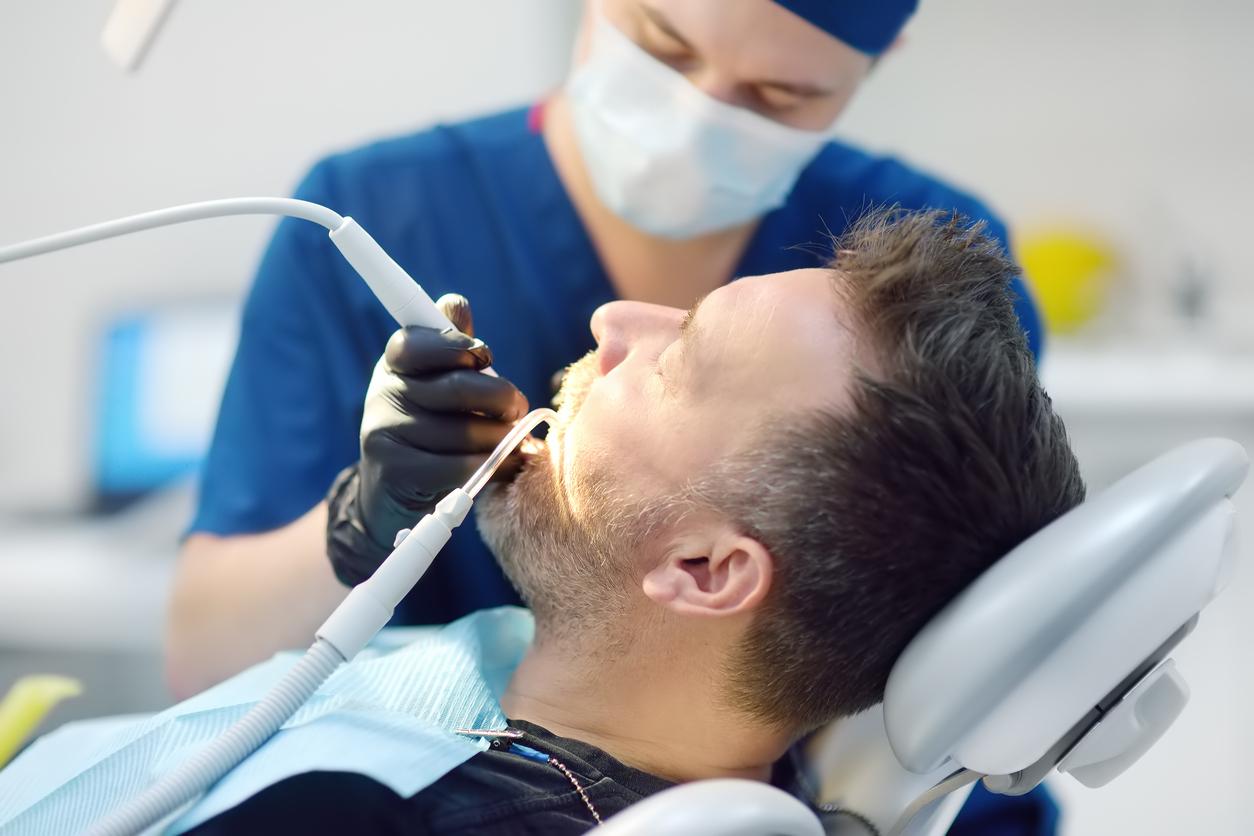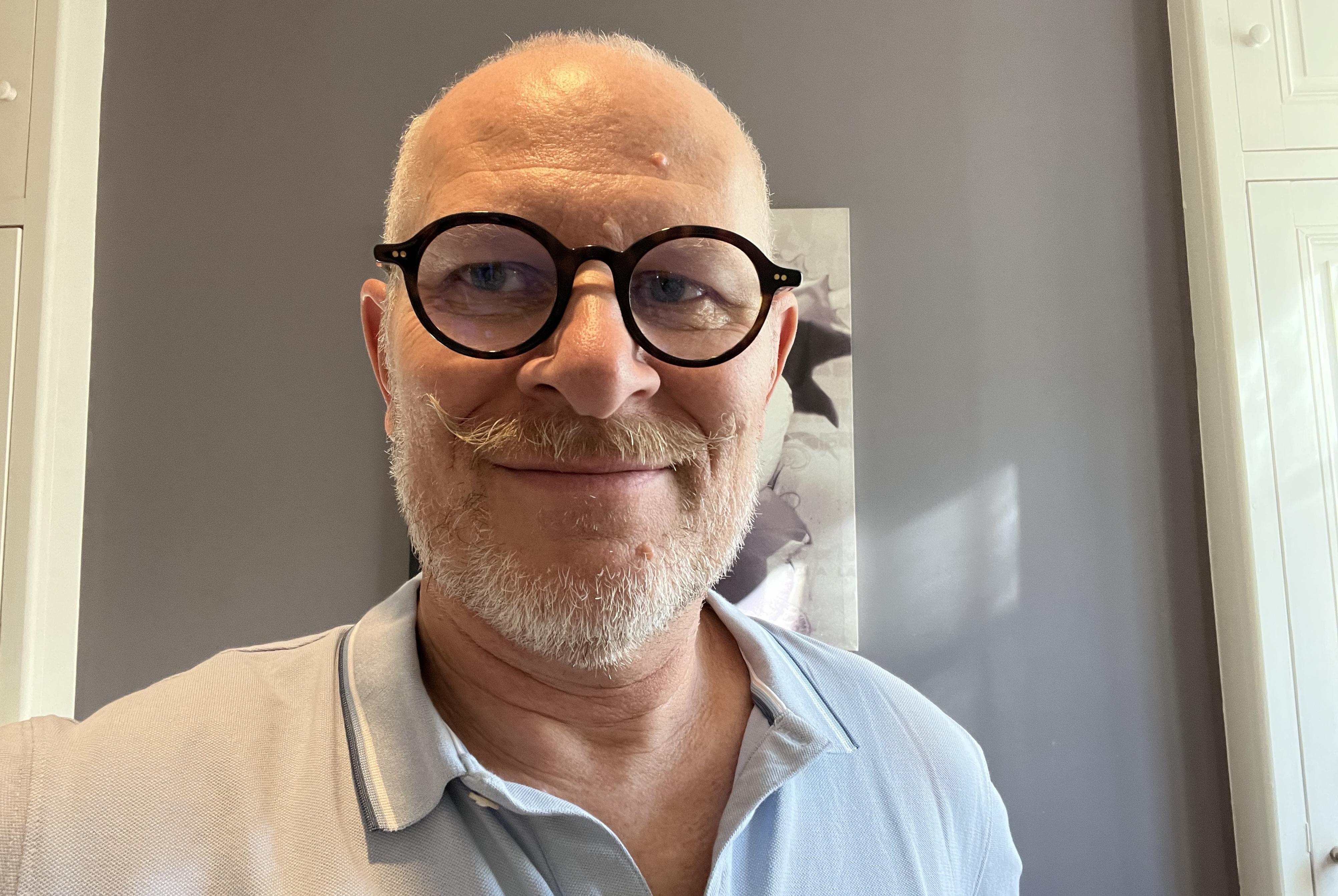
In November, the Movember movement invites men to grow mustaches for a month, in support of victims of male cancer, thereby raising public awareness about testicular and prostate cancer.
A men’s health movement
Movember is the contraction between ” mo “Mustache and” November “. This term, which came from English, invites men to grow a mustache to support men who are victims of cancer and thus ” changing the face of men’s health “. November is awareness month, as is Pink October for breast cancer. The goal is to communicate with humor, to play down, raise awareness and thus better diagnose male cancers. Movember helps fight testicular and prostate cancer, but also draws attention to mental health and male suicide.
This movement was launched in Australia in 2003, following a ” bet between friends “As Mathilde Bourdon, Movember communications manager, recounts:” They decide, for fun, to grow a mustache, encouraging their loved ones to do the same. “. They then try through this joke to defend a cause: that of raising awareness of male cancers.
Awareness of testicular and prostate cancer
Movember wants to raise awareness, but also to raise funds, start discussions and save lives. So for that, the movement also organizes a 60km run (or walk) to be done at home. ” The best-known challenge is the ’60 seconds to act ‘, which relates to the 60 men who kill themselves every hour around the world. Everyone must challenge themselves to run 60 kilometers during the month of November, asking their relatives to support them financially. Donations are then donated to research foundations »Explains Mathilde Bourdon. ” Unfortunately, awareness is not enough »Underlines the secretary and treasurer of the association Christian Wiltord, who suffered from prostate cancer. ” We never talk about it, there is no systematic screening, we do not see any ad or slogan on TV… “
In total, more than 1,250 projects have seen the light of day and 65 million euros raised since 2018, making Movember the largest NGO dedicated to men’s health. A former patient with testicular cancer who is now in remission testifies that “ this type of cancer affects virility, the removal of the testicles, or the fact that a man who has had prostate surgery can become impotent. Being seen by others as weak or non-virile because you have a problem with sex can prevent some men from talking or getting tested. “. As a reminder, testicular cancer affects 66,000 new patients each year. For prostate cancer, 1.4 million men are affected each year. It is the most common cancer in humans, causing the death of 8,700 people each year in France.

















